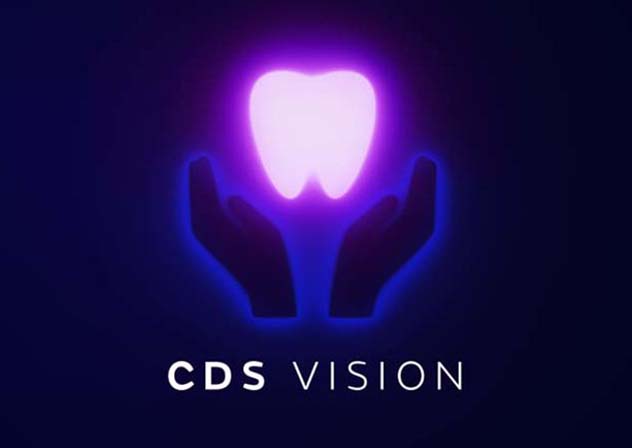7 days ago
Government tie hands of practices on urgent care
Government’s move to force practices to deliver a minimum level of urgent and unscheduled care is wrong in principle and ignores the reality that demand for these treatments is not one size fits all.



